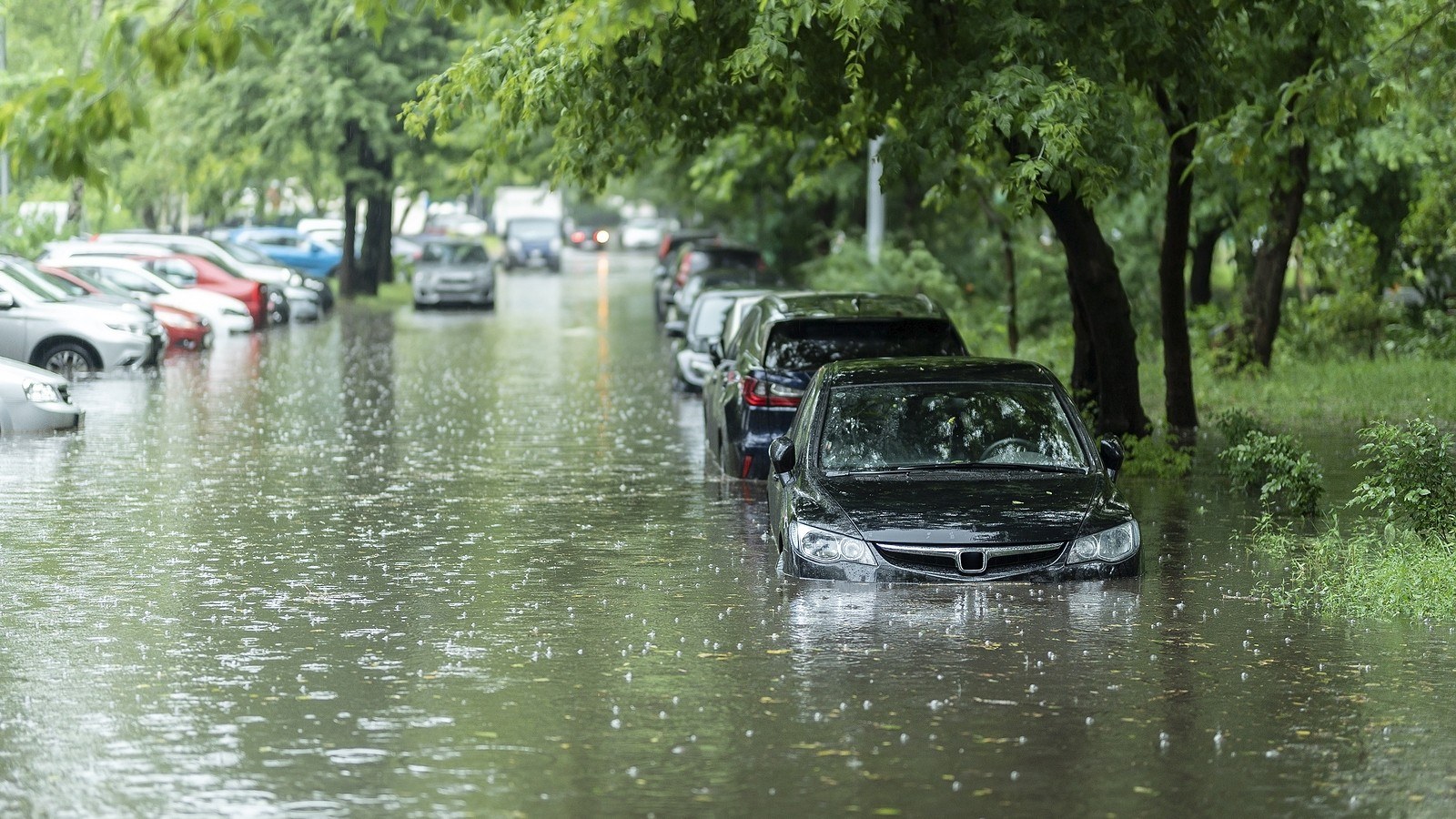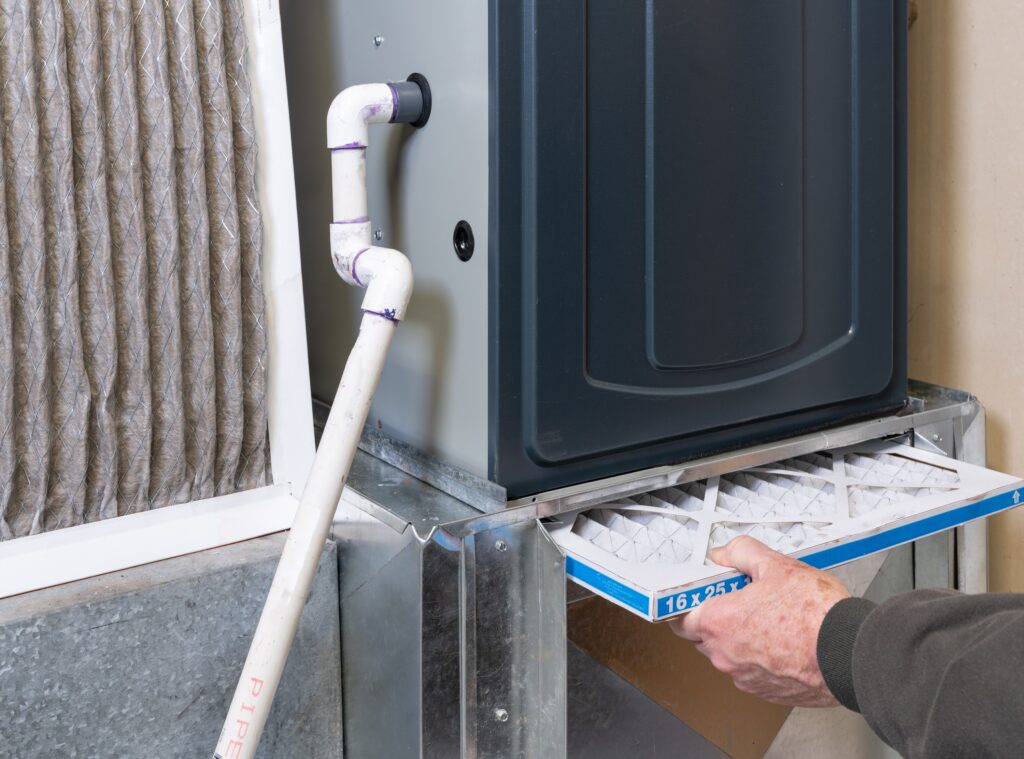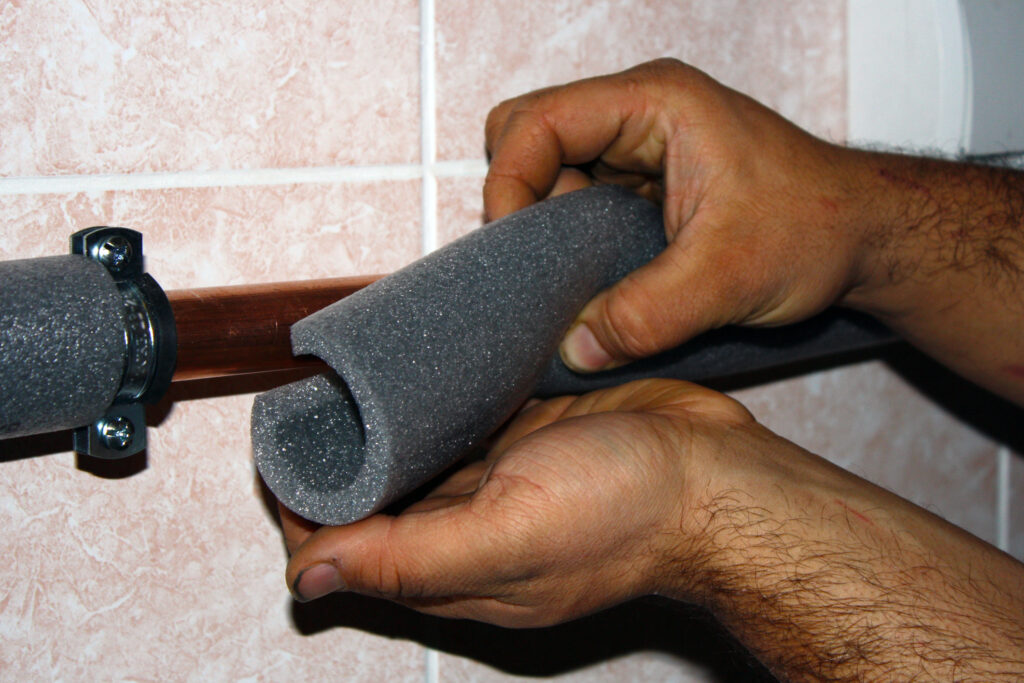
With the recent flooding in the Philadelphia area, we’ve seen an influx of questions about what to do if your HVAC system was flooded or exposed to water. This article will go over some common questions about HVAC water damage.
What should I do first?
Turn off your HVAC system immediately and also turn off the breakers that power the system to ensure that your system doesn’t short out. If your system is gas-powered, turn off your gas supply. There should be a gas shutoff close by.
Can I turn my system on if water got into it? What if I’m not sure if water got in?
No. Even if it seems to be okay, any equipment that has flooded should not be run until a qualified HVAC professional has inspected for safety and reliability. A litany of issues could come as a result, including but not limited to:
- Electrical component failure and safety hazards (like an electrical fire)
- Mold growth in equipment due to wet insulation in an enclosed environment
- Permanent performance issues that were not a concern before flooding — even if the system will currently run, it could have significant damage that will affect the performance of the system.
Can I repair my HVAC system or do I need to replace it?
Depending on the damage, it is possible to repair flooded HVAC systems. However, floodwater is highly unsanitary, full of dirt, debris, bacteria, fungi, and everything from raw sewage to gasoline — not things that you would want to be breathing in while in your home.
So even if your HVAC system is determined to be in operating condition by a qualified HVAC professional (or, in a repairable state), it will need to be thoroughly cleaned and sanitized to be safe for use. It is not recommended by the CDC that you do this yourself as it can be hazardous to your health. To be safe, hire professionals to sanitize your system. Once it is sanitized, it can be repaired.
However, given that sanitation is a highly involved process, it may be useful to analyze the cost of repair & cleaning versus replacement. In certain cases (particularly if your system is nearing the end of its life and will need to be replaced in the next few years regardless), it may be most cost effective to replace the system. If you give us a call, we can help with quoting cost for repair and sanitization, as well as provide an estimate for a new system.
Will my homeowners insurance cover the cost?
This largely depends on your insurance provider and coverage. Some insurance providers require you to pay extra to cover damage from weather-related flooding, while covering damaged caused by accidental, in-house flooding (such as burst pipes or a broken water heater). If you have flood insurance as an add-on, it’s likely that it will cover HVAC water damage, but again, this depends on the provider. Also, it’s important to consider your insurance deductible and weigh it against the cost of repairing or replacing your HVAC system. Before talking to your insurance company, make sure to get an estimate of how much it will cost to fix your HVAC system, so that you’ll be able to make the best financial decision.
What should I do?
As stated above, it is crucial to call an HVAC professional to inspect your system, at the very least, before you turn it on. Depending on the extent of flooding or water damage, they will recommend the best course of action — whether that’s just cleaning, cleaning and repair of some components, or a full replacement.
Has Your HVAC System Been Exposed to Water or Flooding?
Don’t stress — Click below to schedule an appointment online or give us a call at (610) 825-4400.



